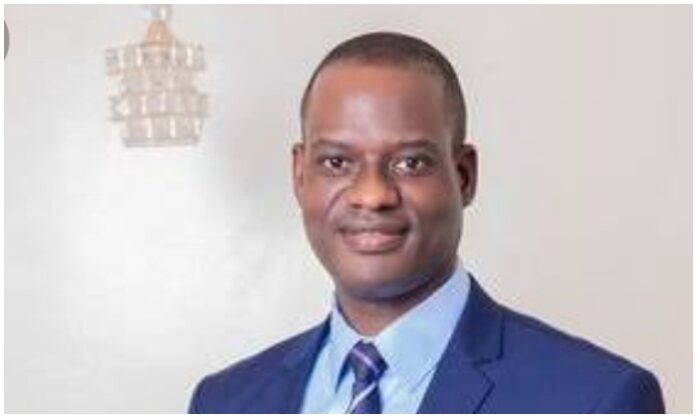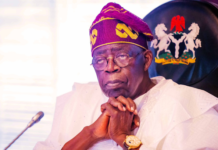States, LGs to get 90% VAT revenue – Tinubu panel
Chigozie Amadi
The Presidential Committee on Fiscal Policy and Tax Reforms has proposed reviewing states’ and local governments’ share of the Value Added Tax revenue to 90 per cent , and reducing the Federal Government’s share from 15 to 10 per cent.
The panel also recommended an upward review of the current 7.5 per cent rates charged to customers.
The Chairman of the committee, Taiwo Oyedele, disclosed this at a stakeholder’s exposure and impact assessment session organised to discuss some of the major proposals in the National Tax Policy in Abuja.
The proposals were part of the reforms being introduced to boost the nation’s tax revenue.
“We are proposing that the Federal Government’s portion should be reduced from 15 per cent to 10 per cent. States’ portion will be increased but they would share 90 per cent with local governments,” Oyedele confirmed in a meeting with business owners, industry players and other stakeholders on Monday.
The strategic meeting is a vital aspect of engaging stakeholders, ensuring the successful implementation of tax reform policies devised by the current administration to attain a minimum tax-to-GDP ratio of 18 per cent.
President Bola Tinubu had inaugurated the fiscal policy and tax reforms committee last August to improve the nation’s revenue profile and business environment by eliminating multiple taxes.
VAT is a 7.5 per cent consumption tax administered by the Federal Inland Revenue Service when goods are purchased and services rendered. The final consumer bears the tax burden.
Revenue generated from VAT is usually disbursed to the three tiers of government through the Federation Accounts Allocation Committee at a current formula of 15 per cent for the central government, 50 per cent for states and 35 per cent for local governments.
Checks by our correspondents showed that the government raked in N10.1tn from the collection of Value Added Tax under former President Muhammadu Buhari.
Despite the huge amount, the government has clamoured for an increase in the rates. The former Minister of Finance, Zainab Ahmed, had advised the current government to increase VAT from the current 7.5 per cent to 10 per cent.
According to the 2024-2026 Medium Term Economic Framework, the government plans to hire more tax agents in five sectors including telecommunications, banks and other financial institutions and companies in the construction, and aviation industry to maximise coverage and collection.
But speaking at the event, Oyedele said the nation could potentially double its VAT revenue within two years if the reforms were approved.
He also emphasised that the committee had collaborated closely with business owners to ensure that measures are in place to prevent any escalation in the cost of their products.
Oyedele said, “The burden of Value Added Tax should be with the ultimate consumer. So we must make it transparent and neutral and this is what over 100 countries where they have VAT are doing. Nigeria’s economy is more than 50 per cent in services and if I just stop at this, many states will be broke because VAT collection will go down by more than 50 per cent and it won’t even fly.
“So we therefore need to adjust the VAT rate upward. We would ensure that it doesn’t affect businesses. The only thing is to look at basic consumption from food, education, medical services and accommodation will carry zero per cent VAT. So for the poor and small businesses, no VAT.
“Then for the rest of us, we will pay a little bit more. We have spoken to businesses about it and they won’t increase the product price. We want to make sure when we do VAT reform, no one will increase the price of commodities. We will work the Mathematic with the private sector.”
According to him, individual states should not be granted sole custodianship of their collections, emphasising that such a scenario will likely result in chaos, citing Brazil as an illustrative example.
The tax expert said, “We are thinking that we should adjust the sharing formula for VAT because it is a tax of the states. In 1986, we had sales tax collected by states. The military came up with VAT in 1993 and stopped sales tax so they said it would collect VAT and return 15 per cent as cost of collection and that is the 15 per cent charged today came about. But we think it is too much”.























